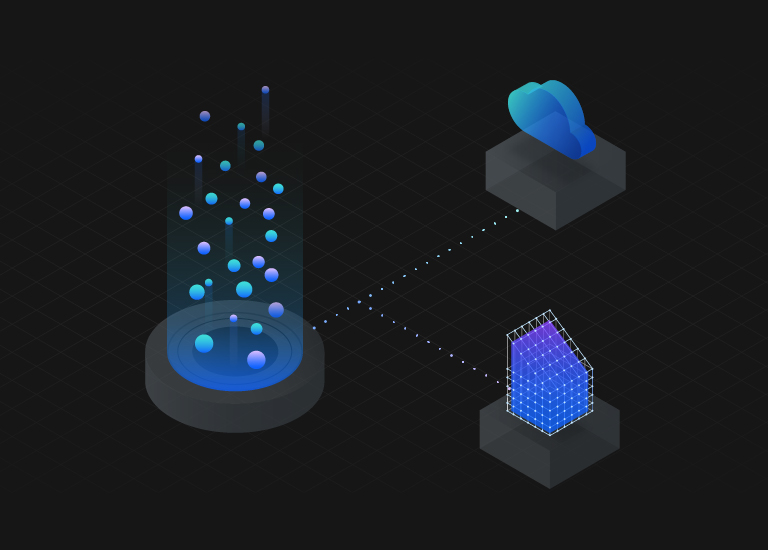About cookies on this site Our websites require some cookies to function properly (required). In addition, other cookies may be used with your consent to analyze site usage, improve the user experience and for advertising. For more information, please review your options. By visiting our website, you agree to our processing of information as described in IBM’sprivacy statement. To provide a smooth navigation, your cookie preferences will be shared across the IBM web domains listed here.
Optimizing data access and availability delivers significant benefits by streamlining operations

Data strategies within organizations are under more intense scrutiny than ever before as they look to capture and use the vast amount and variety of data in ways that are scalable, efficient and lead to actionable insights and improved customer experiences. For this reason, data store convergence is rapidly becoming essential across industries, delivering benefits such as a single query engine for multiple workloads, automated governance, minimized data movement, self-service data access, lower costs, AI-based optimization and support for AI model creation.
Underlying data convergence is a story that should sound familiar to most people who have observed the data management space: integration. For enterprises looking to fully exploit their data, connecting to all their data is integral. To look at structured, unstructured and semi-structured data across a variety of internal and external sources requires a well-connected data ecosystem of database, data warehouse, data lake and streaming data solutions. And organizations are realizing the importance of utilizing a single query across the variety of data stores within their ecosystems. Yet, optimizing data availability goes beyond this level of data integration by facilitating a holistic data and AI platform solution that includes data governance and AI tools and services alongside data management capabilities.
As a result, data virtualization, multicloud capabilities and a highly modular toolset can be brought to bear alongside modern data management’s built-in AI-based advancements and continued improvements designed to capture the increasing amount of data sources like graph and blockchain. In the sections that follow, we’ll take a deeper look at each of the seven benefits that organizations can expect from an optimal data availability strategy.











